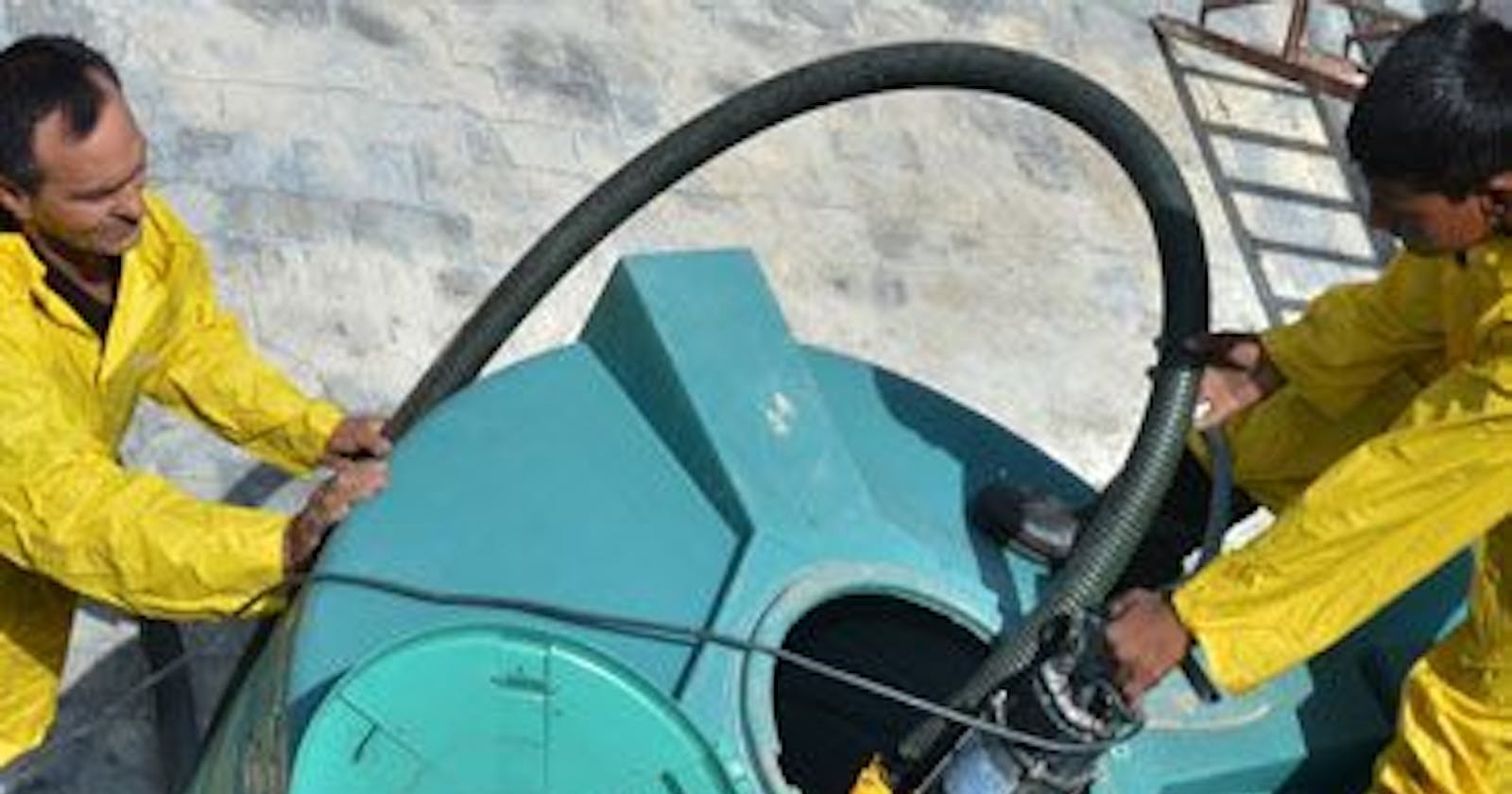Water is an essential resource for our daily lives, and it is important to ensure that the water we use is clean and safe. Water tanks are commonly used to store water, whether for domestic use or in commercial settings. We can help you by providing all types of home cleaning services in Mohali. We are also doing water tank cleaning. However, over time, the water in the tank can become contaminated with harmful bacteria, sediment, and other impurities This is why it is important to clean your water tank regularly. In this article, we will explore how often you should clean your water tank, based on expert recommendations for different situations.
Domestic Water Tanks
If you use a water tank for domestic purposes, such as storing water for household use, it is recommended that you clean the tank at least once a year. This is because domestic water tanks are more susceptible to contamination due to exposure to the elements and the build-up of sediment, which can provide a breeding ground for harmful bacteria. Regular cleaning will help to remove any sediment or debris and prevent the growth of bacteria, ensuring that the water in your tank is clean and safe to use.
However, if you notice any changes in the taste, color or smell of the water, it is important to clean the tank immediately, regardless of when the last cleaning was performed. These changes would indicate the presence of contaminants in the water, which can pose a risk to your health.
Commercial Water Tanks
For commercial water tanks, the recommended cleaning frequency will depend on the specific use and the size of the tank. In general, it is recommended that commercial water tanks be cleaned at least once a year, but for larger tanks or those used in industrial settings, more frequent cleaning may be necessary.
For example, if the tank is used to store water for food processing, it should be cleaned more frequently, such as every six months, to prevent contamination that can compromise the safety of the food. Similarly, if the tank is used to store water for medical purposes, it should be cleaned more frequently, such as every three months, to ensure that the water is free of harmful bacteria and other contaminants.
Rainwater Harvesting Tanks
Rainwater harvesting tanks are becoming increasingly popular, as they provide an alternative source of water for domestic and commercial use. However, it is important to ensure that the water in these tanks is clean and safe to use, as rainwater can contain a range of contaminants, including bacteria, viruses, and pollutants.
For rainwater harvesting tanks, it is recommended that the tank be cleaned at least twice a year, or more frequently if there has been heavy rainfall or if the tank is located in an area where the pollution percentage is high. Regular cleaning will help to remove any debris, sediment or organic matter that may have accumulated in the tank, and prevent the growth of harmful bacteria.
Wells and Boreholes
If you use a well or borehole to supply water to your home or business, it is important to ensure that the water is clean and safe to use. Regular cleaning of the well or borehole can help to prevent the build-up of sediment, which can provide a breeding ground for harmful bacteria and other contaminants.
The recommended cleaning frequency for wells and boreholes will depend on specific circumstances, such as the size of the well or borehole, the depth of the water, and the quality of the water. In general, it is recommended that the well or borehole be cleaned at least once a year, or more frequently if there are signs of contamination, such as changes in water color or the smell of water.
Swimming Pool Tanks
Swimming pool tanks are designed to hold large volumes of water, which is used for recreational purposes. However, the water in these tanks can become contaminated with bacteria and other impurities, which can pose a risk to swimmers' health.
To ensure that the water in swimming pools is safe and clean, the tank should be cleaned regularly, with the frequency depending on the usage and the size of the pool. It is recommended that swimming pool tanks be cleaned at least once a year, but for public swimming pools, it may be necessary to clean the tank more frequently, such as every three months.
Regular cleaning of the swimming pool tank will help to remove any debris, algae, or other organic matter that may have accumulated in the tank, and prevent the growth of harmful bacteria. In addition, the water quality should be regularly tested and treated with appropriate chemicals to ensure that it is safe for swimmers.
Conclusion
The frequency of water tank cleaning will depend on the specific circumstances and usage of the tank. Domestic water tanks should be cleaned at least once a year, while commercial and industrial tanks may require more frequent cleaning. Rainwater harvesting tanks, wells, boreholes, and swimming pool tanks should also be cleaned regularly to ensure that the water is clean and safe to use. If you notice any changes in the color, smell, or taste of the water, it is important to clean the tank immediately, regardless of when the last cleaning was performed.
It is also important to note that cleaning a water tank requires proper equipment and expertise, and should be carried out by a professional if you are unsure about the process or do not have the necessary equipment. Professional tank cleaning services will use appropriate cleaning methods and equipment to ensure that the tank is thoroughly cleaned and the water is safe to use.

